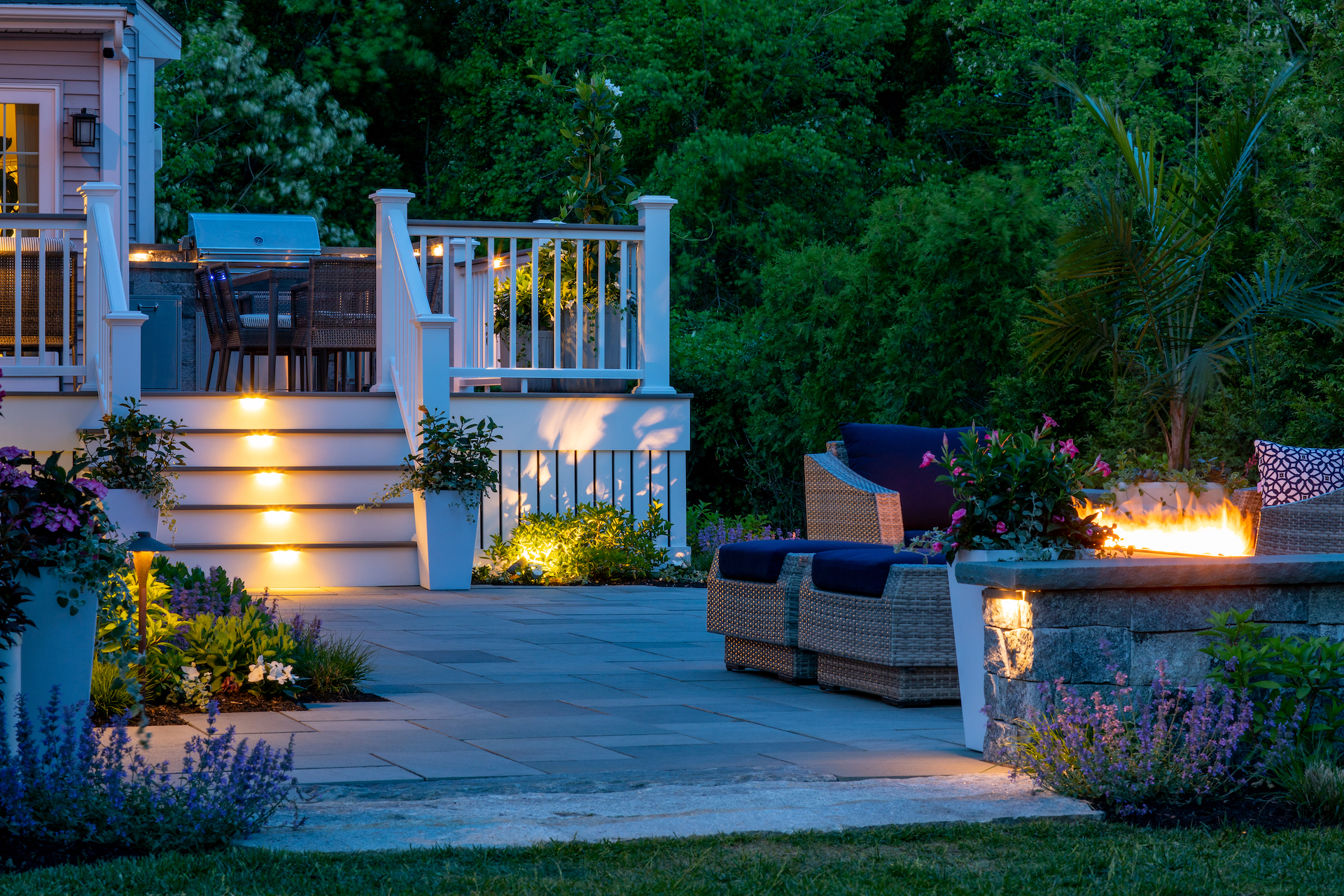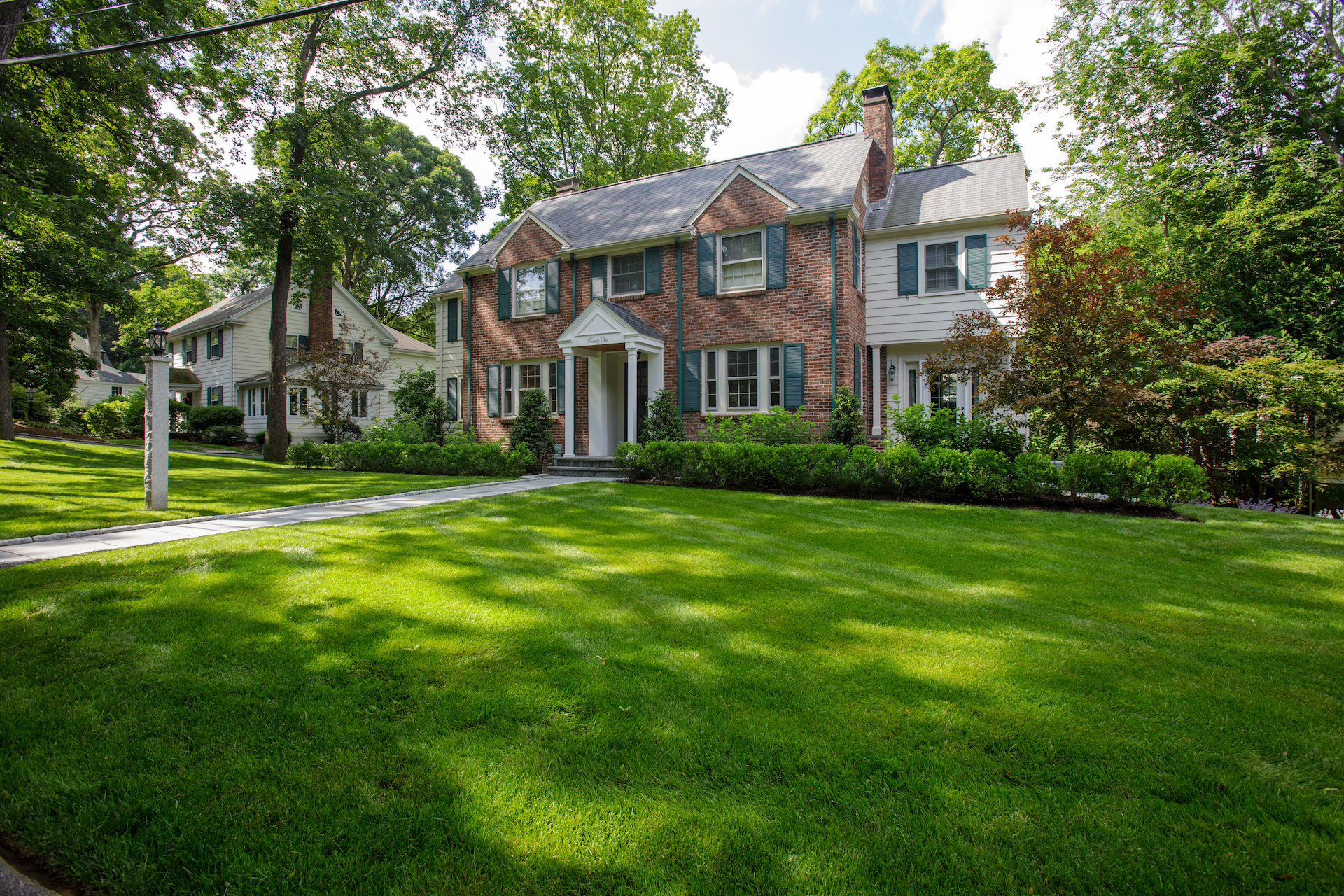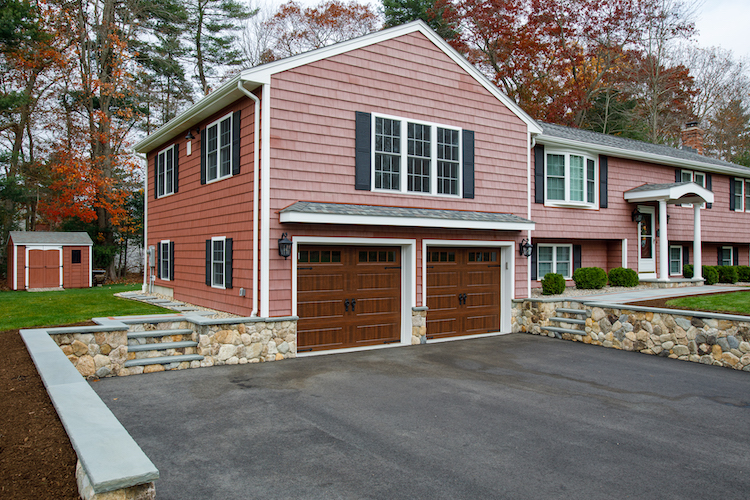Sustainable Landscaping: Eco-Friendly Practices for a Greener Yard
Sustainable landscaping is no longer just a trend—it’s a movement that continues to shape how homeowners design and maintain their outdoor spaces. As we move into 2025, more people are looking for ways to reduce environmental impact while still enjoying beautiful, functional landscapes. From drought-resistant plantings to smart irrigation systems, these sustainable landscaping trends will help you create an eco-friendly yard that enhances your property while protecting the planet. If you’re ready to embrace sustainability, working with an experienced landscaper in Wellesley, MA can ensure your vision comes to life.
1. Native and Pollinator-Friendly Plantings
Native plants are essential for sustainable landscaping because they are naturally adapted to the local climate and soil conditions. They require less water, fertilizer, and maintenance than non-native species, making them a smart choice for eco-conscious homeowners.
Pollinator-friendly gardens are also on the rise, featuring flowers that attract bees, butterflies, and hummingbirds. Plants like milkweed, lavender, and coneflowers support local ecosystems while adding vibrant beauty to your yard.
2. Drought-Tolerant Landscaping
With changing climate patterns, water conservation is a top priority. Xeriscaping—a landscaping method that reduces or eliminates the need for irrigation—is becoming more popular. This approach includes using drought-resistant plants, installing permeable pavers, and incorporating gravel or mulch to retain soil moisture.
For homeowners in Massachusetts, choosing a landscaper in Wellesley, MA who specializes in drought-tolerant landscaping can help you design a yard that stays lush and green with minimal water use.
3. Smart Irrigation Systems
Advancements in irrigation technology are making it easier than ever to conserve water while keeping landscapes healthy. Smart irrigation systems use weather data, soil sensors, and automated controls to deliver the right amount of water when needed. These systems prevent overwatering and runoff, helping to reduce water waste and lower utility bills.
4. Regenerative Landscaping and Soil Health
Healthy soil is the foundation of a thriving landscape. Regenerative landscaping focuses on improving soil quality through composting, organic fertilizers, and cover crops. By enriching the soil with natural nutrients, homeowners can promote better plant growth while reducing the need for synthetic chemicals.
5. Permeable Hardscapes
Traditional concrete and asphalt surfaces contribute to water runoff and erosion. In 2025, more homeowners are opting for permeable pavers, gravel driveways, and porous walkways that allow rainwater to soak into the ground rather than running off into storm drains. This not only helps with water conservation but also prevents flooding and erosion.
6. Edible Landscaping
The rise of edible landscaping blends beauty and function by incorporating fruit trees, vegetable gardens, and herb beds into traditional landscape designs. Raised garden beds, espaliered fruit trees, and container gardens are creative ways to grow food while maintaining a stylish outdoor space.
7. Low-Maintenance, Climate-Resilient Lawns
Lawns are evolving to become more sustainable, with homeowners choosing low-maintenance alternatives such as clover lawns, fescue grasses, or even moss gardens. These options require less mowing, fertilization, and watering, making them a practical choice for eco-friendly landscapes.
Create a Sustainable Landscape with Provost Companies
Sustainable landscaping isn’t just about reducing environmental impact—it’s about creating a beautiful, resilient, and functional outdoor space that enhances your property. If you’re looking for expert guidance, working with a professional landscaper in Wellesley, MA can help you design a landscape that aligns with your sustainability goals.
At Provost Companies, we specialize in eco-friendly landscape design, native plantings, water-efficient irrigation, and sustainable hardscapes. Contact us today to start your journey toward a greener, more sustainable outdoor space!




